When Does a Day Begin?
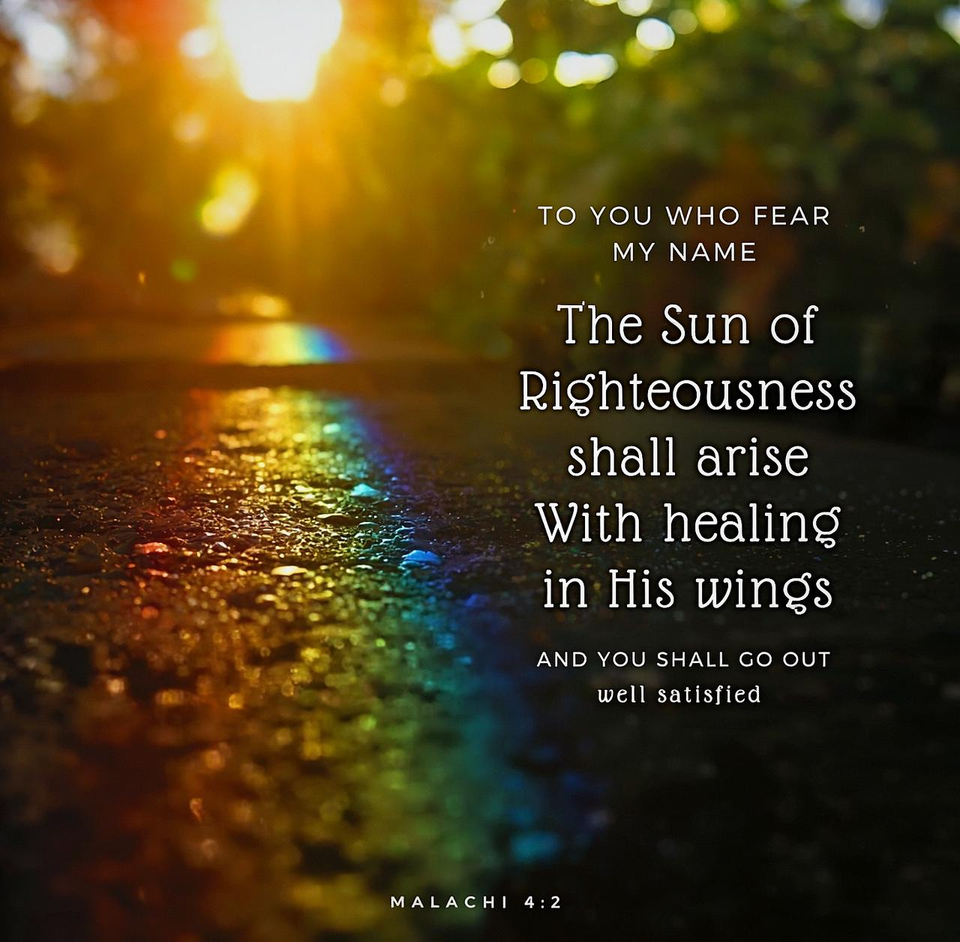
“Does Y’hovah’s day really begin at sunset? A fresh look at Scripture reveals that His days begin with light, not darkness.”
Sunset or Sunrise — What Does Scripture Really Teach?
Many believers have been taught that a biblical day begins at sunset. This understanding has become common through Jewish tradition and centuries of repetition. Yet as I continued studying the Scriptures with the Berean mindset — allowing the Word of Y’hovah to interpret itself — I began to see something profound:
The Bible consistently connects a “day” with light, not with darkness. From the creation account to the life of Y’hoshua, the scriptural pattern points to sunrise as the beginning of Y’hovah’s day.
So, does a day truly begin at sunset, or have we accepted a man-made tradition? Let us test this by the Word.
The Traditional View: “Evening to Evening”
The traditional reckoning of a day — from evening to evening — comes from a single command in Torah regarding Yom Kippur:
“It shall be a Sabbath of rest to you, and you shall afflict your souls; on the ninth day of the month at evening, from evening to evening, you shall keep your Sabbath.”
— Wayyiqra (Leviticus) 23:32, TS2009
However, this command applies specifically to the Day of Atonement, a unique annual fast.
It is the only place in Scripture that explicitly commands a “sunset-to-sunset” observance. There is no verse declaring that all days should be counted this way.
The practice of counting days from evening to evening later became part of rabbinic tradition, extending Yom Kippur’s unique rule to all days.
The Creation Pattern — Light First
“And Elohim called the light Day, and the darkness He called Night. And there was evening, and there was morning — the first day.”
— Berĕshith (Genesis) 1:5, TS2009
Many point to this verse as proof that a day begins at evening. But notice carefully what the verse actually says:
- Y’hovah called the light “Day.”
- He called the darkness “Night.”
The phrase “and there was evening and there was morning” marks the completion of a creative cycle — not the beginning.
Each day ends with morning, when light returns, and a new day begins with the next sunrise.
Y’hovah defines the day by light, not darkness:
“Elohim called the light Day.” (Genesis 1:5)
Thus, from creation itself, a day begins when light is renewed — at sunrise.
Scriptural Examples of Morning Reckoning
🔹 Shemot (Exodus) 16 — The Manna Cycle
“And they gathered it morning by morning, each one according to his need... and when the sun grew hot, it melted.” (Exodus 16:21)
Moshe told them, “Eat it today, for today is a Shabbat to Y’hovah.” (16:25)
The people’s activity began in the morning, showing that their concept of “today” started with daylight, not sunset.
🔹 Shemot (Exodus) 19:16 — The Giving of Torah
“And it came to be on the third day in the morning that there were thunders and lightnings, and a thick cloud on the mountain.”
The revelation of Torah began in the morning, when Y’hovah descended on Mount Sinai. The new day — a day of covenant — began with light.
🔹 Shoftim (Judges) 19:25–26
“The woman came back when the day began to break.”
Here, “the day began to break” explicitly marks sunrise as the start of a new day.
🔹 Neḥemyah (Nehemiah) 13:19
“And it came to be, at the gates of Yerushalayim, as it began to be dark before the Shabbat, that I commanded the gates to be shut.”
Notice carefully: the Shabbat had not yet begun, even though it was getting dark.
Neḥemyah closed the gates before Shabbat, showing that the sacred day started after dawn, not at sundown.
🔹 1 Shemu’el (Samuel) 19:11
“If you do not save your life tonight, tomorrow you will be killed.”
Here, “tomorrow” clearly follows “tonight.” This shows that “tomorrow” begins after the night — that is, at sunrise.
Y’hoshua’s Teaching and Example
“Are there not twelve hours in the day? If anyone walks in the day, he does not stumble, because he sees the light of this world.”
— Yochanan (John) 11:9, CJB
Y’hoshua defined “day” as the time of light — when work can be done — and “night” as the time of rest when “no man can work” (John 9:4).
His crucifixion timeline also followed this reckoning: from the third hour (morning) to the ninth hour (afternoon) — all within daylight.
Y’hoshua’s pattern mirrors the creation order: light first, then darkness.
Hebrew Word Study: Yom
The Hebrew word yom (יוֹם) generally means the light portion of a 24-hour cycle.
“And Elohim called the light Day.” (Genesis 1:5)
“To divide the day from the night.” (Genesis 1:14)
If yom began at sunset, there would be no division — the text would contradict itself. Thus, a yom begins when light appears — sunrise.
Historical Insight — How the Shift Occurred
Before the Babylonian exile, evidence suggests that ancient Yisra’el observed the day from sunrise to sunrise.
The evening-to-evening practice became standardized after the exile, influenced by Babylonian customs and by Levitical fasting instructions for Yom Kippur.
This later tradition was then applied to all days, though the Torah never commanded it.
Light Defines Y’hovah’s Order
Throughout Scripture, light represents Y’hovah’s presence, truth, and holiness.
Darkness represents confusion, sin, and death. It would be inconsistent with His nature for Y’hovah to begin His days in darkness.
“Elohim is light, and in Him there is no darkness at all.”
— 1 Yochanan (1 John) 1:5, CJB
“From the rising of the sun to its going down, the Name of Y’hovah is to be praised.”
— Tehillim (Psalm) 113:3, TS2009
Light reveals; light begins; light brings life.
Sunrise to Sunrise
The scriptural evidence shows that Y’hovah’s day begins at sunrise, not sunset.
A “day” begins when light shines again, and ends when light returns — sunrise to sunrise.
This is the divine rhythm of creation, redemption, and renewal:
- At dawn, the world awoke.
- At dawn, Torah descended at Sinai.
- At dawn, Y’hoshua rose from the tomb — conquering death and beginning a new creation.
From the rising of the sun to its setting, Y’hovah’s Name is praised — for His day begins with light!
By Rabbi Francisco Arbas
📧 franciscoarbas.yisrael@gmail.com
Following His ‘WAY’ — Netzari Mashiach Judaism
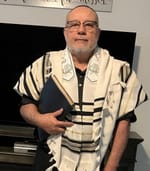
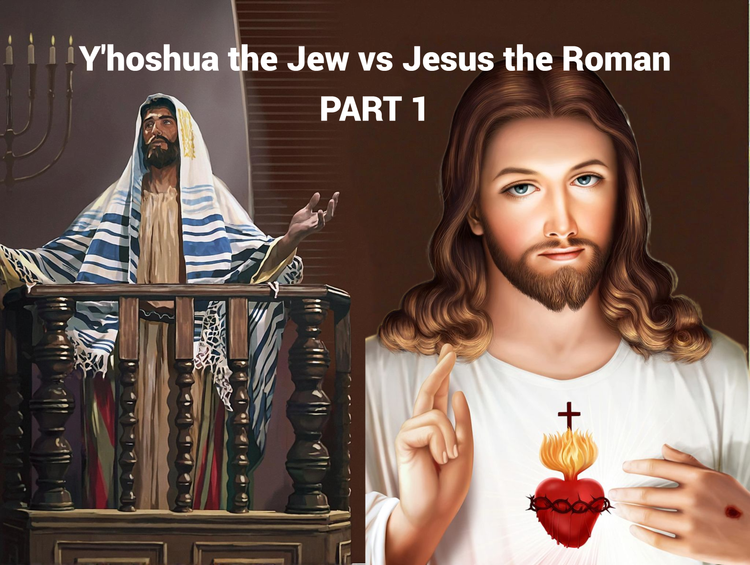
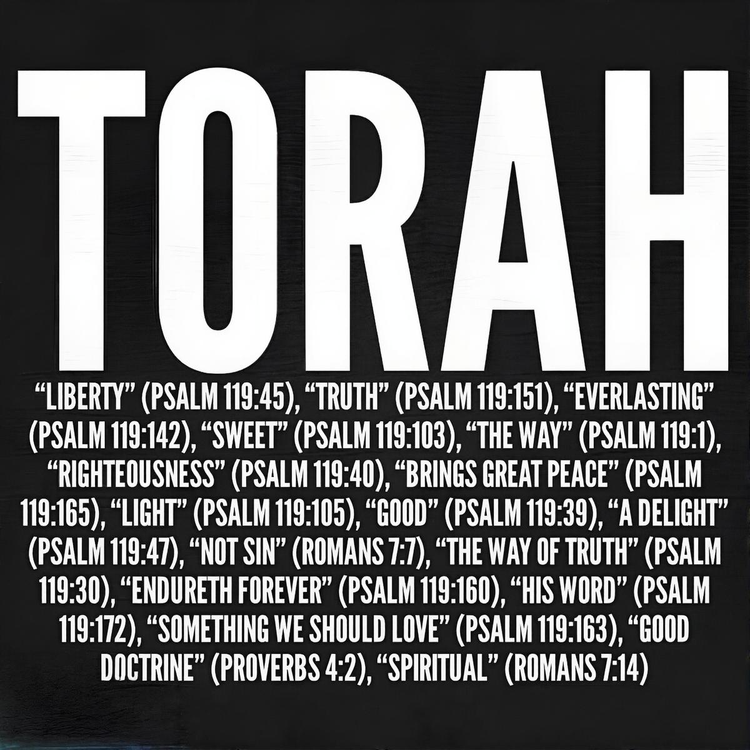
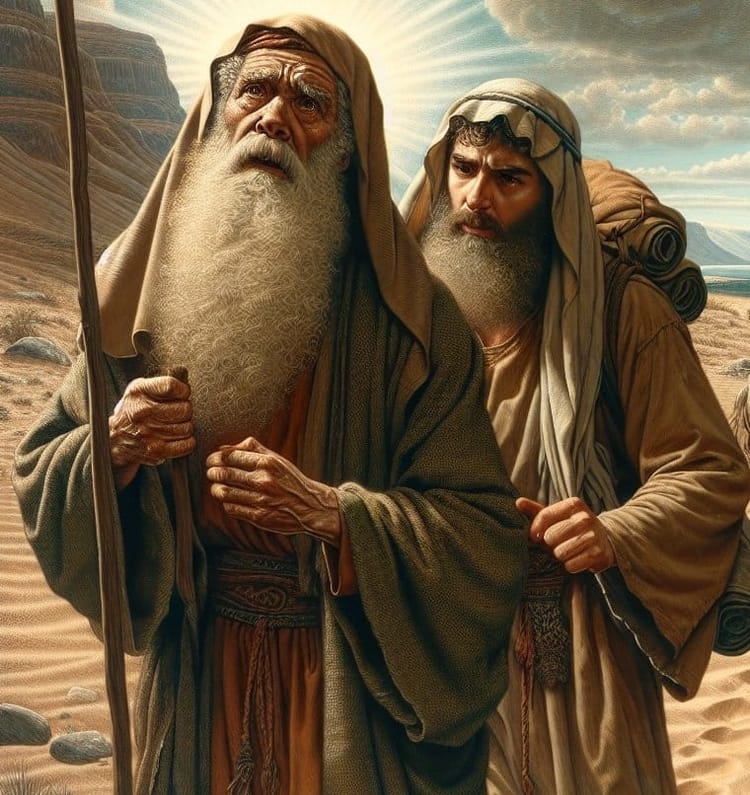
Comments ()